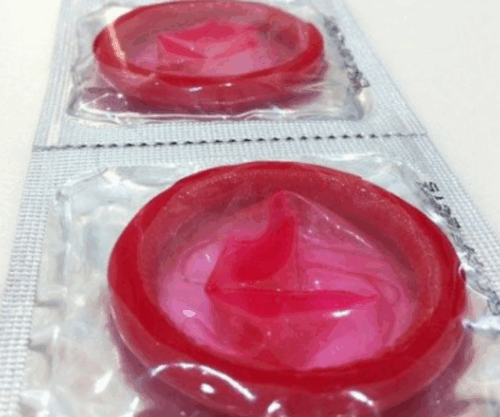
Littering can be defined as making an area untidy or incorrectly disposal of waste. One of the downsides of littering is that it causes pollution, a major threat to the environment, and has increasingly become a cause for concern in many countries.
Human beings are largely responsible for littering as most do not understand that they are contributing to a problem much bigger than just making someone else pick up after them.
Following are five things you need to remember before littering by Subject of Life:
Littering Is Dangerous – litter can be dangerous, both to people and to animals, which is an important reason to stop littering. Sharp objects like glass or metal cans can cause injuries to adults, kids, and animals, and small pieces of litter can be ingested by animals (and some kids), leading to health problems or even death. Litter can also attract vermin, which can pose a health risk to humans.
Littering Is a Form of Pollution – litter is a form of pollution, and like all forms of pollution, it has negative effects on human health. Breathing in the litter being burned can cause respiratory problems, and touching or ingesting it can cause skin irritation or gastrointestinal problems.
Littering Can Spread Diseases – litter can spread diseases, both to humans and to animals. If litter contains food waste, it can attract rodents or other animals, which can then spread diseases to humans. And if litter contains human waste, it can spread diseases like cholera or typhoid.
Littering Is Harmful to the Environment – littering is harmful to the environment in many ways. It can contaminate soil and water, damage plants and wildlife, and contribute to climate change.
Littering Is Aesthetically Unpleasing – litter is aesthetically unpleasing and can make an area look dirty or neglected. This can have a negative impact on people’s mental health and can make an area less appealing to tourists.




